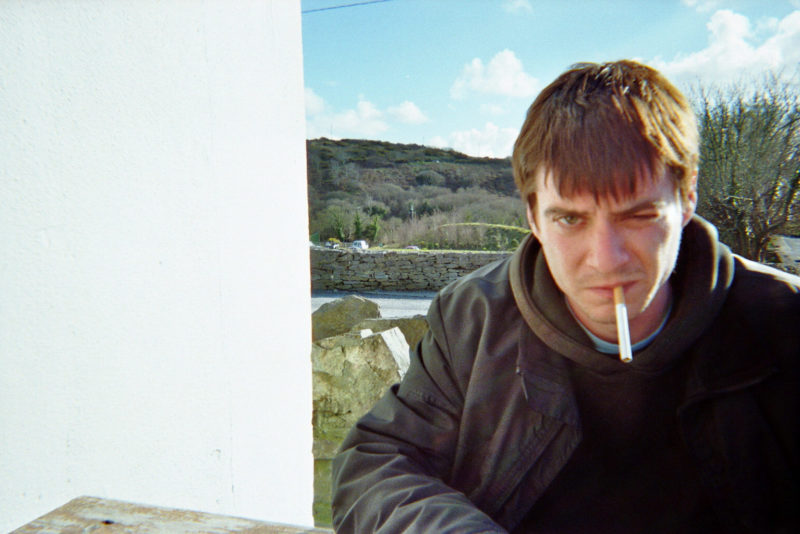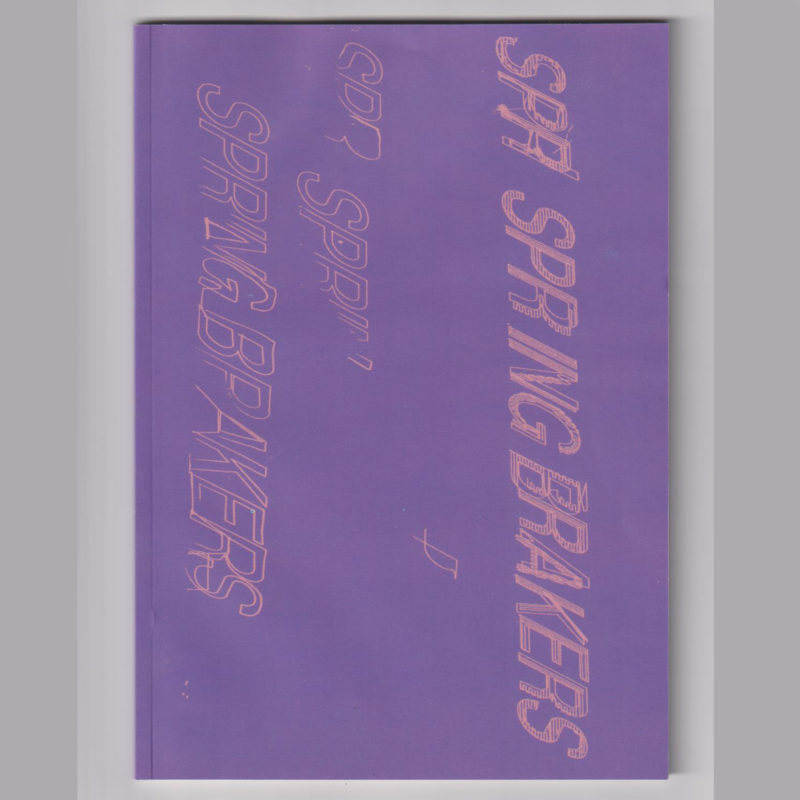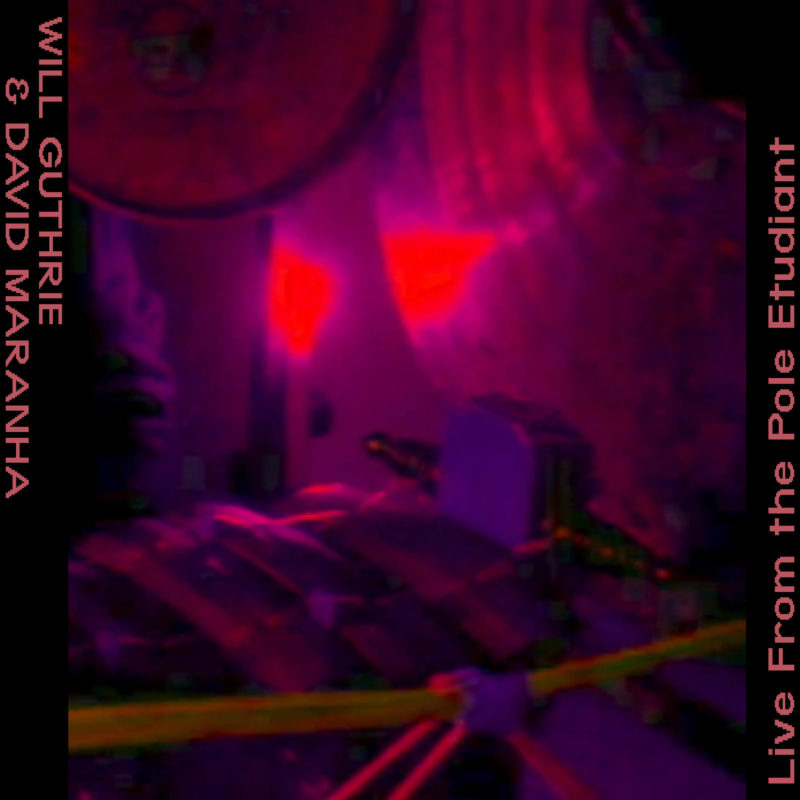Will Guthrie

Jannis Van de Sande
During Ear to the Ground you’re playing solo for one person at a time, a straightforward yet peculiar project you’ve been doing from time to time. Where did this idea come from?
Will Guthrie
The idea came out of looking for different ways to present my music. I still wanted to play live, and have an audience, but was interested in changing the context in which most concerts are presented. Also, you play and listen differently when alone, as opposed to when in a room with others, so I wanted to explore a context somewhere in between the privacy of playing/listening alone, and the public event, which is the more classic concert context.
JVDS
Is it a challenging project for you as a performer, compared to a more traditional performance?
WG
Yes, it is very different, it can be very, very intimate, especially when the room is very small and I am very close to the audience member. I wanted this; I wanted a more intense experience than your average concert where people come but with some distance. They pay for something, they consume it, and leave. This setting is forcing both performer and audience into something different, and is generally a more intense listening / performative environment than a normal concert.
JVDS
You say this special setting is quite different from a more traditional concert in terms of your relation to the audience, but does it also influence your playing? Do you feel more able to experiment?
WG
It depends, sometimes. Sometimes it’s rather intimidating and I play it safe, it’s a complex situation that changes overtime when someone new comes into the space, that’s what I like about it, it’s never the same.
JVDS
While the listener experiences a rather brief performance, for you this project must be quite exhausting. Is the impact of fatigue on your playing something you wish to explore?
WG
Indeed, I have done a few pieces where the physical fatigue influenced the music; basically pushing myself to extremes and the resulting music is something otherwise unattainable.
JVDS
Are you aiming at some sort of interaction with the audience? Does the specific person in front of you have any influence on your playing?
WG
I approach different performances in different ways, as I do many short performances throughout the day. Sometimes I play taking no consideration of the audience member, other times I will try to play in a way that is very much an offering for that person, a sort of musical gift, other times it is a combination of both.
JVDS
For the listeners, it’s probably quite a strange experience to be in the spotlight somehow, instead of being part of an anonymous audience? How do people generally respond?
WG
Very differently, some are a little uncomfortable as for some it’s very confronting. Others seem to be very comfortable with this setting, everyone is different.

